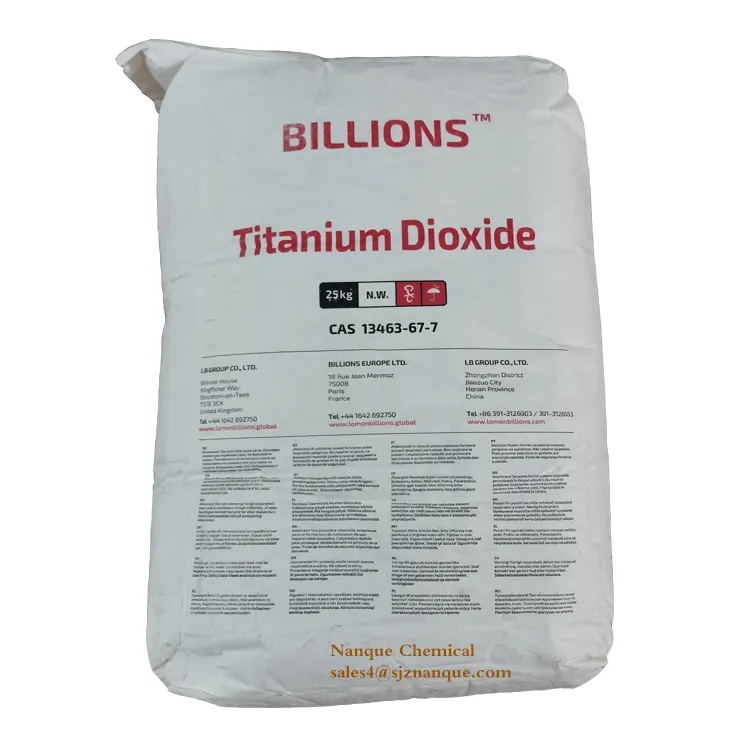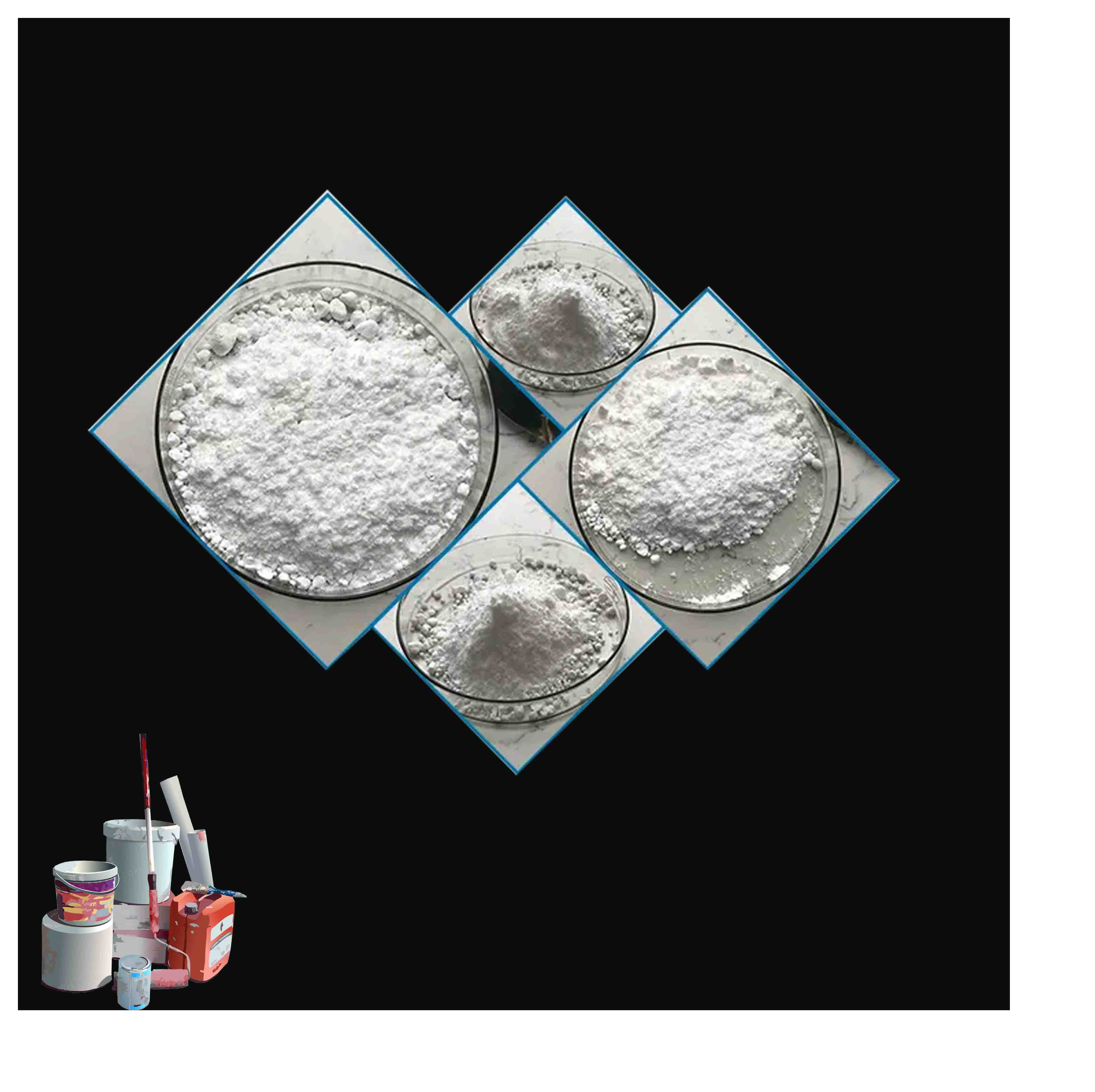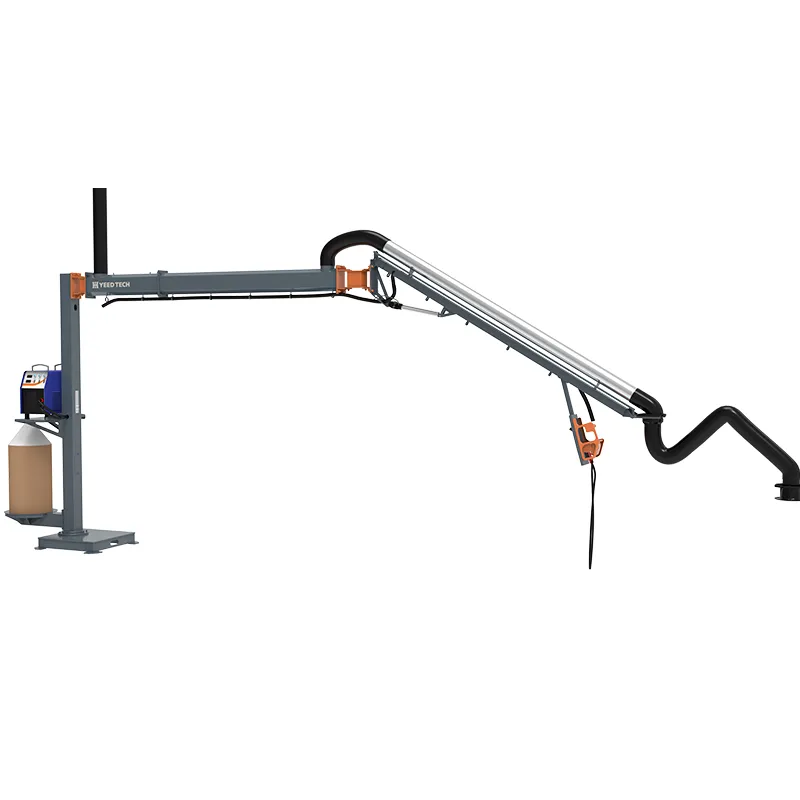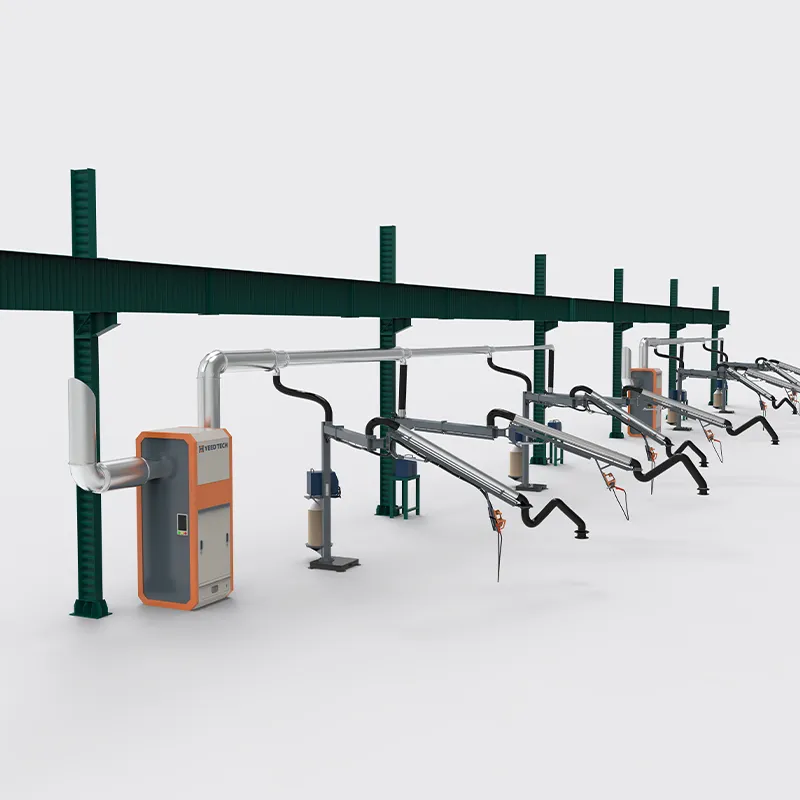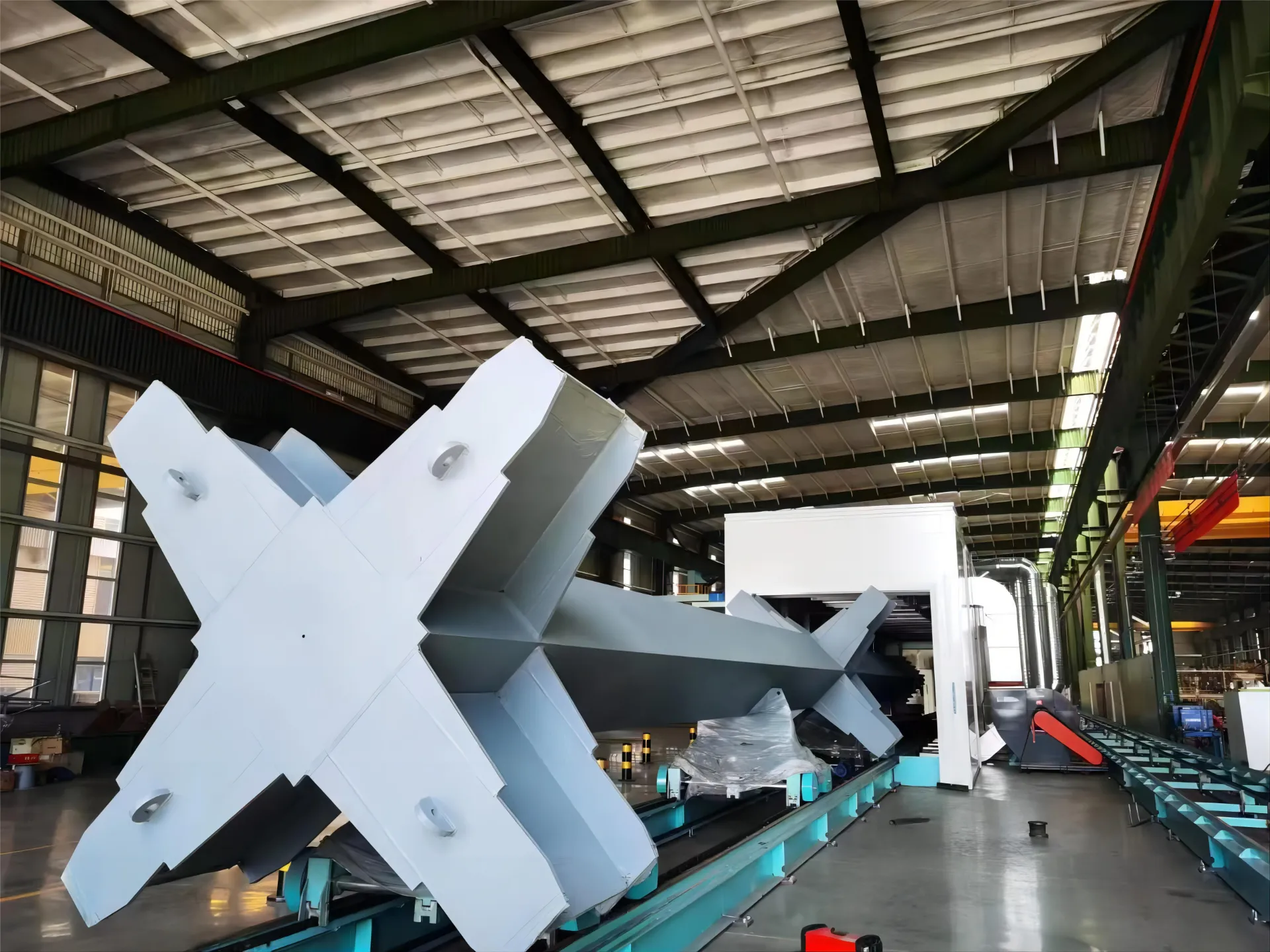We've used titanium dioxide safely for decades. However, recently its safety was called into question.
At CRIS, we've explored the safety of titanium dioxide for nearly half a decade, including conducting double-blind research to test the safety of food-grade titanium dioxide (E171). Our study shows that when exposed to food-grade titanium dioxide in normal conditions, research animals did not experience adverse health outcomes.
It's important to emphasize that in a National Institutes of Health study, experimental animals were exposed to titanium dioxide in amounts as high as 5% of their diet for a lifetime and showed no evidence of adverse effects.
A handful of studies greatly influenced the decisions made by the European Food Safety Authority (EFSA). Unfortunately, these studies did not consider that titanium dioxide exposure comes from food, not drinking water. Additionally, CRIS researchers could not reproduce the adverse outcomes identified by the studies through typical food ingestion. Regardless, the EFSA banned E171 as a food ingredient and for use in other capacities in the summer of 2022.
In 2022, the United States, United Kingdom, and Canada maintained that the scientific evidence supports that titanium dioxide (E171) is safe for humans to use and consume.
At CRIS, we've explored the safety of titanium dioxide for nearly half a decade, including conducting double-blind research to test the safety of food-grade titanium dioxide (E171). Our study shows that when exposed to food-grade titanium dioxide in normal conditions, research animals did not experience adverse health outcomes.
It's important to emphasize that in a National Institutes of Health study, experimental animals were exposed to titanium dioxide in amounts as high as 5% of their diet for a lifetime and showed no evidence of adverse effects.
A handful of studies greatly influenced the decisions made by the European Food Safety Authority (EFSA). Unfortunately, these studies did not consider that titanium dioxide exposure comes from food, not drinking water. Additionally, CRIS researchers could not reproduce the adverse outcomes identified by the studies through typical food ingestion. Regardless, the EFSA banned E171 as a food ingredient and for use in other capacities in the summer of 2022.
In 2022, the United States, United Kingdom, and Canada maintained that the scientific evidence supports that titanium dioxide (E171) is safe for humans to use and consume.
